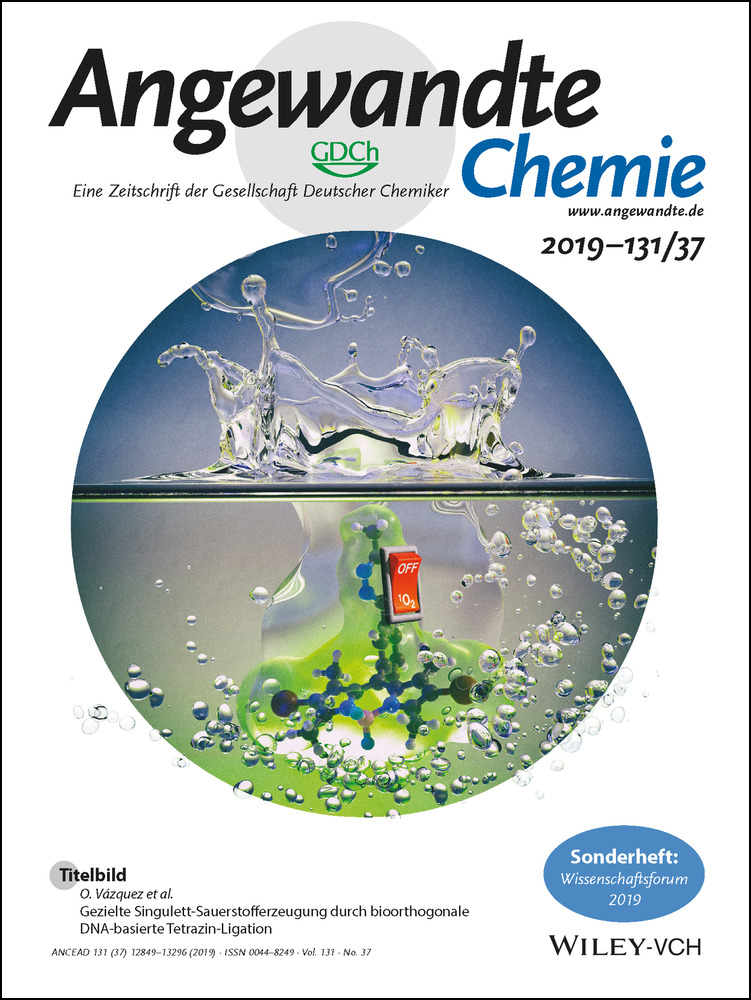Efficient and Selective Carboligation with Whole-Cell Biocatalysts in Pickering Emulsion
Abstract
Pickering emulsions (PEs) are particle-stabilized multiphase systems with promising features for synthetic applications. Described here is a novel, simplified set-up employing catalytically active whole cells for simultaneous emulsion stabilization and synthetic reaction. In the stereoselective carboligation of benzaldehyde to (R)-benzoin catalyzed by a benzaldehyde lyase in E. coli, the set-up yielded maximum substrate conversion within very short time, while economizing material demand and waste. Formation and activity of freshly produced PEs were enhanced when the catalytic whole cells were covered with hydrophobic silicone prior to PE formation. Benchmarked against other easy-to-handle whole-cell biocatalysts in pure organic solvent, neat substrate, an aqueous emulsion in substrate, and a micro-aquatic system, respectively, the cell-stabilized PE outperformed all other systems by far.




